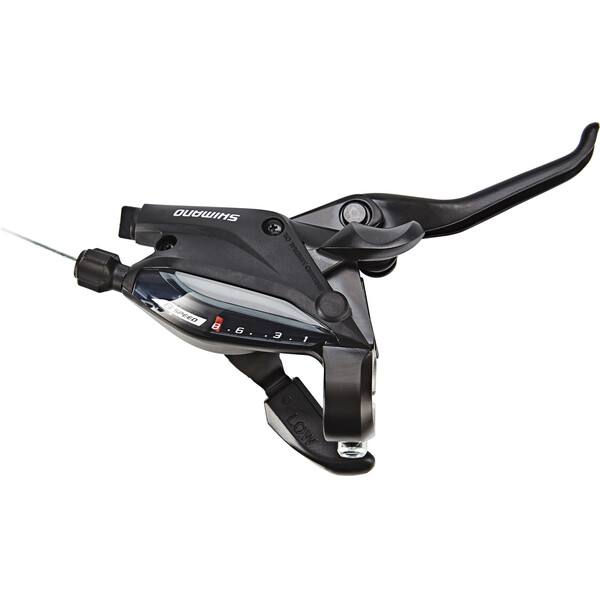
Acheter Shimano ST-EF505 STI hydraulique à 7 vitesses purgé avec étrier BR-MT200, avant droit | Swinnerton Cycles

Shimano Altus ST-EF505 Hydraulic Disc Brake/Lever Set (Black) (Left) (Post Mount) (2x) - Performance Bicycle

WinterMANO ST-EF505 VTT Freins 3/8/9 vitesses Iamok Frein à disque hydraulique changement/levier de frein et étrier Pièces de vélo - AliExpress

Wholesale Shimano — interrupteur de frein à disque hydraulique pour vtt, BR M315, 3x9, 3x8, 2x8 vitesses, levier de frein, câble interne, M315, 800/1450mm From m.alibaba.com

Shimano EFaffair BR-M315 3x9 vitesses 27 vitesses VTT frein à disque hydraulique manette de vitesse interrupteur à gâchette câble intérieur M315 frein 800/1450mm

Levier de vitesses SHIMANO /Frein à disque hydraulique de cyclisme, ST-EF505-8R, adultes unisexes, noir (noir), taille unique : Amazon.fr: Sports et Loisirs

Shimano EFaffair MTB Vélo Hydraulique Frein À Disque Shifter Déclencheur 3x8 3x9 Vitesse ST-EF505 Vélo/Levier De Frein BR-MT200 Étrier De Frein - AliExpress



















